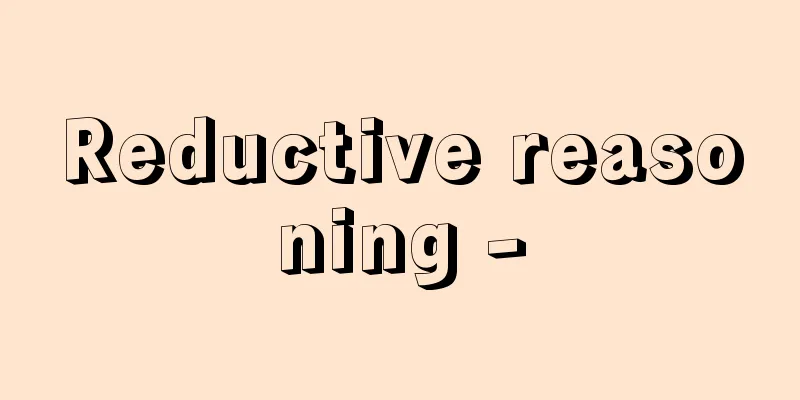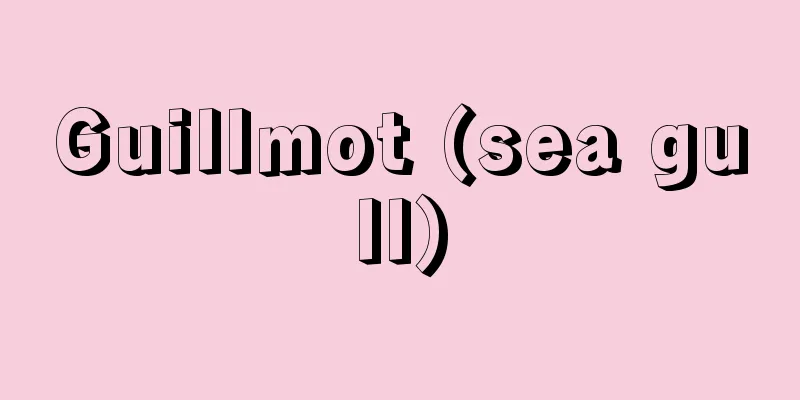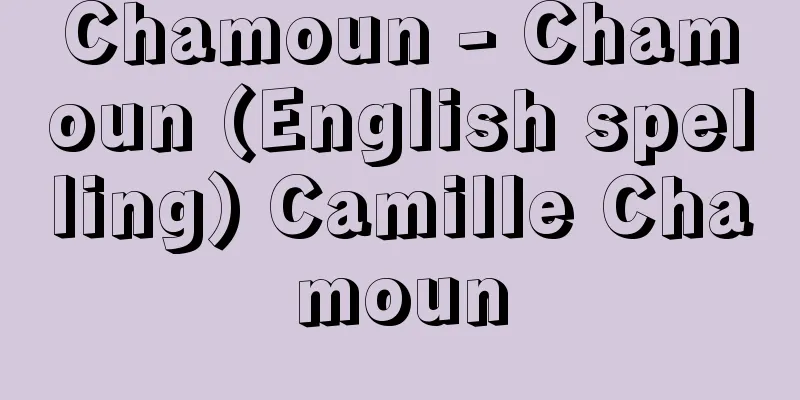Reductive reasoning -

|
…He criticized the idea of independent proof of Qingben, which holds that the proof of emptiness is independent, and the theory of self-knowledge of the Mind Only School, which holds that knowledge is independent, and elevated the true meaning of emptiness, which is that everything is relative. In contrast to Qingben's position, which is called the ``independent proof school'' in Tibetan tradition, his position is called the ``reductive proof school,'' which holds that emptiness should be proven by pointing out the faults in the opponent's argument without making any assertions himself, and was considered absolute, especially by Tsongkhapa. His works include two major works, ``Entering into the Middle Way'' and ``Commentary on the Middle Way Prasannapada'' (both of which still exist in the Sanskrit original), as well as commentaries on ``Seventy Treatises on Emptiness,'' ``Theory of Sixty Verses as if'' and ``Four Hundred Treatises.'' … From Buddhapalita…Indian Mahayana Madhyamaka scholar from around 470-540. Transliterated as Butsugo. Born in South India, he studied Nagarjuna's teachings under Sangharakshita together with Seiben, emphasizing the idea of emptiness. Seiben, in opposition to the Yogacara school, a Mahayana school of Buddhism alongside the Madhyamaka school, advocated a position (subatantra) that established his own school's claims in opposition to his teacher's teachings, while Butsugo, together with his teacher, defended Nagarjuna's prasangha method (a method of abductive argument that points out contradictions in the other person's logic and forces them to admit their mistakes) and wrote the Madhyamaka-karika. … *Some of the terminology explanations that refer to the "reductive argument" are listed below. Source | Heibonsha World Encyclopedia 2nd Edition | Information |
|
…空性の論証が自立的に成立するとする清弁(しようべん)の自立論証の思想と,認識が自立的に成立するとする唯識派の自己認識の理論を批判して,すべては相関的であるという空性の本義を高揚した。その立場は,チベットの伝承で〈自立論証派〉と呼ばれる清弁の立場に対し,自らは主張をもたずただ対論者の主張の過失を指摘することによって空性を論証すべきことを主張し,〈帰謬論証派〉と呼ばれ,特にツォンカパにおいて絶対視された。著書に,《入中論》《中論註プラサンナパダー》(両者ともサンスクリット原典現存)の二大主著のほか,《空七十論》《六十頌如理論》《四百論》などの注釈がある。… 【ブッダパーリタ】より…470‐540年ころのインドの大乗中観(ちゆうがん)派の学者。仏護と音訳される。南インドに生まれ,清弁(しようべん)とともにサンガラクシタ(衆護)に就いて竜樹の教説を学び,空の思想を強調した。清弁が中観派と並ぶ大乗仏教学派である唯識学派との対抗上,師説に反して自派の主張を確立する立場(スバタントラ)を主張したのに対し,仏護は師とともに竜樹のプラサンガ論法(相手の論理の矛盾をつき,過誤を認めさせる帰謬論証法)を守って,《中論注》を著した。… ※「帰謬論証派」について言及している用語解説の一部を掲載しています。 出典|株式会社平凡社世界大百科事典 第2版について | 情報 |
Recommend
Garden instruction - Garden instruction
This is a basic textbook that was popular from th...
Macaque
A general term for Old World monkeys in the genus ...
Kanto Imperial Letter - Kanto Imperial Letter
…These three styles, Shimobun, Gokyosho, and Gech...
Luo people - Luo (English spelling)
The Luo are a Nilolan ethnic group living mainly i...
Wall, J.
…One of the British porcelain kilns. Founded in 1...
Christian Goldbach
1690‐1764 Mathematician born in Königsberg, Prussi...
Rainaldi, Carlo
Born: 1611, Rome Died in 1691. Roman Italian archi...
Abū 'Ubayda
728‐825 Arab literary scholar, linguist and philol...
Guava - Guaba (English spelling) guava
An evergreen small tree of the Myrtaceae family (...
vernix caseosa (English spelling) vernixcaseosa
...Hair begins to grow in the fetus. [Fetus at 23...
Shozo Ino
1905-1985 A children's writer from the Showa ...
Deep sea submersible - Shinkai Sensui-tei
Also called a submersible research vessel. A subme...
Hojo Ujiyasu
Year of death: 10/3/1571 (10/21/1571) Year of birt...
Simonov and his son - Simonov
Simonov was the chief director of the Vakhtangov T...
Duck - Duck
Among birds of the Anatidae family, this refers to...







![Camphor [town] - Camphor](/upload/images/67cb687739d12.webp)

